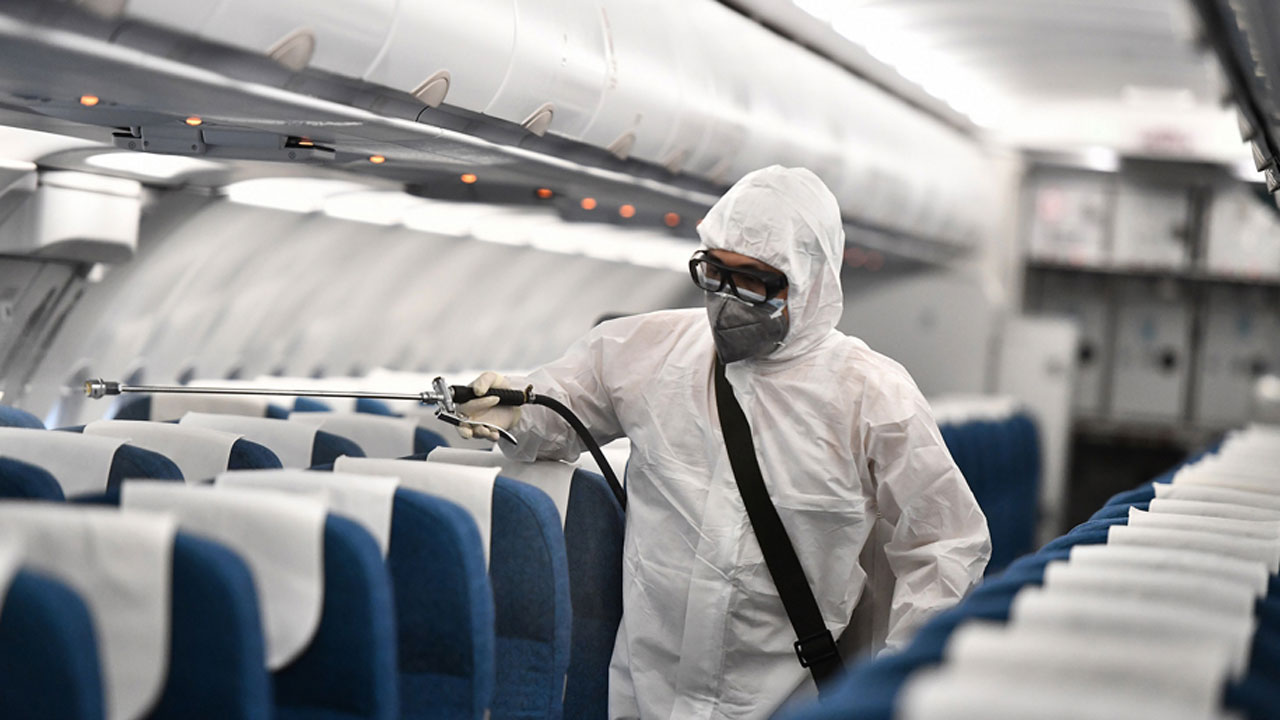With the first and second waves of the Covid-19 outbreak in major economies around the world, the pandemic has produced one of the worst years the aviation industry has ever seen.
Passenger numbers have plummeted 60% this year and airlines have had to cut thousands of jobs, with more jobs at risk if the virus prevails. There are fears the Covid-19 crisis will extend well into 2021, costing airlines more losses.
In a report titled ‘Deep losses continue into 2021’ released Tuesday, the International Air Transport Association (IATA) predicted heavier losses for the aviation industry in 2020 and 2021.
The industry lobby estimates that the sector will lose up to $157 billion this year and the next due to the pandemic – a net loss of $118.5 billion for 2020 (higher than the $84.3 billion forecast in June) and $38.7 billion in 2021 (higher than the $15.8 billion forecast in June). Meanwhile, African airlines are expected to lose $2 billion this year.
Also Read: KPMG Says Aviation Industry Facing $252 billion loss in 2020, Demand Falls by 72%
Due to this, IATA Director General Alexandre de Juniac said “we need to get borders safely reopened without quarantine so that people will fly again. With airlines expected to bleed cash at least until the fourth quarter of 2021, there is no time to lose.”
Prior to the Covid-19 pandemic, the Nigerian aviation sector generated up to $950 million a year with more than five million passengers flying in, out, or through the country.
But the government-imposed lockdown and restriction of movement in the wake of the virus outbreak in March led to the grounding of local and international airlines nationwide, leaving operators with no income but expenses.
According to Captain Musa Nuhu, Director General of the Nigerian Civil Aviation Authority (NCAA), the pandemic has cost the airline industry almost $1 billion while the loss to Nigeria’s economy is $800 billion.
Also Read: COVID-19: British Airways to Test Passengers for Virus in Hope to Revive Air Travel
Some of the broader impacts of the pandemic on the Nigerian aviation industry resulting from the closure of airports and halting of flights include increasing industry debt profile, negative impact on tourism, severe loss of jobs, etc.
With the ease of the lockdown, the government in September gradually started opening up its airways to allow international airlines to fly into the country.
Also, only a maximum of 1,280 inbound passengers or four flights a day into both Abuja and Lagos are allowed, so flights and frequencies are less than what they were previously. To ensure safety, airports have precautionary measures to prevent transmitting the virus among passengers.
According to the latest gross domestic product (GDP) report released by the National Bureau of Statistics, air transport under the transportation and storage sector contracted by 38.86% in the third quarter of 2020.
Ameenah Hassan is an intern at Arbiterz
